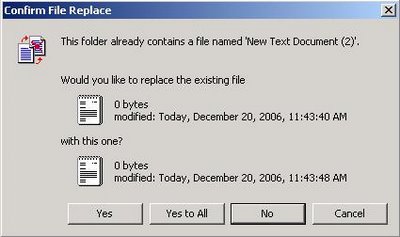
SAN FRANCISCO — In the latest effort by the ailing music industry to bolster its declining prospects, three of the four major music companies have struck a deal with MySpace to start a music Web site.
As part of the deal, MySpace will spin out its popular MySpace Music service as an independent joint venture in partnership with Universal Music, Sony BMG and Warner Music Group. EMI, the fourth major label, is not a part of the deal at this time, but people involved in the negotiations said it would probably join soon. The music companies will own minority stakes in the venture and will make their entire music catalogs available.
Chris DeWolfe, chief executive of MySpace, a division of News Corporation, described the new service, which will be introduced later this year, as a one-stop source for all music, in all its various digital incarnations.
Visitors to the site will be able to listen to free streaming music, paid for with advertising, and share customized playlists with their friends. They will also be able to download tracks to play on their mobile devices, putting the new site in competition with similar services like Apple, Amazon and eMusic.
A subscription-based music component, where users pay a monthly amount for unlimited access to downloadable tracks, is also being considered, Mr. DeWolfe said.
“This is really a mega-music experience that is transformative in a lot of ways,” he said. “It’s the first service that offers a full catalog of music to be streamed for free, with full community features, to be shared with all of your friends.”
Additional products like tickets, T-shirts, ring tones and other music merchandise will also be available. “It’s the full 360-degree revenue stream,” Mr. DeWolfe said.
Exact terms of the deal and details about the new site, like prices for downloaded music tracks, were not disclosed. But MySpace did say the site would offer songs free of digital rights management software or D.R.M., which is used to prevent illicit copying but can create technical hurdles for buyers. The songs would be playable on any portable music device, including Apple’s iPod.
The new venture will be run by an executive team that will report to a board s made up of representatives from MySpace and the major music companies.
An analyst at Pali Capital, Rich Greenfield, said MySpace was offering a big opportunity to the music companies.
“They have a huge community that wants to talk, share and learn about music,” he said. “Nobody else has that. There is music discovery happening on MySpace that is far deeper and broader than what’s going on on iTunes.”
But first MySpace will have to prove that it can actually sell music. Though the company earns $70 million a month in advertising for the News Corporation, according to estimates by Pali Capital, it has never successfully sold products on a wide scale. A download service for independent music, began in 2006 with Snocap, a music start-up, was considered a disappointment.
For the music industry, the deal is partly born of desperation. In the face of widespread, escalating online piracy, music sales dropped to $11.5 billion in 2006 from a peak in 1999 of nearly $15 billion.
That has forced the industry into a new age of experimentation. Last year, all four major record labels backed Amazon’s nascent MP3 music store, partly in an effort to counterbalance Apple’s strength in the market for music downloads. The music companies say Apple now has too much control over the distribution and pricing of digital music.
The industry is seeking revenue that does not come directly from its customers — like the ad-supported element of the MySpace service. Along those same lines, music executives have recently raised more draconian ideas, like surcharges on the sales of iPods and Internet access to compensate for rampant file sharing. The moves have been met with widespread resistance.
Universal Music sued MySpace for copyright infringement in 2006. MySpace would not say whether that suit had been dropped before Thursday’s announcement.
source

